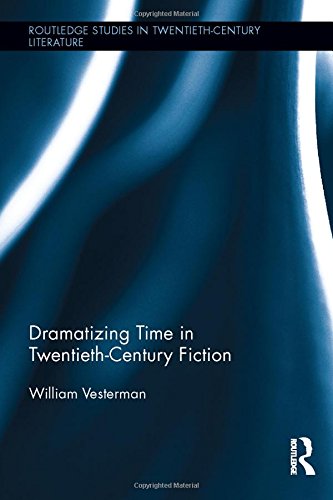

Most ebook files are in PDF format, so you can easily read them using various software such as Foxit Reader or directly on the Google Chrome browser.
Some ebook files are released by publishers in other formats such as .awz, .mobi, .epub, .fb2, etc. You may need to install specific software to read these formats on mobile/PC, such as Calibre.
Please read the tutorial at this link: https://ebookbell.com/faq
We offer FREE conversion to the popular formats you request; however, this may take some time. Therefore, right after payment, please email us, and we will try to provide the service as quickly as possible.
For some exceptional file formats or broken links (if any), please refrain from opening any disputes. Instead, email us first, and we will try to assist within a maximum of 6 hours.
EbookBell Team

4.8
54 reviewsHow have twentieth-century writers used techniques in fiction to communicate the human experience of time? Dramatizing Time in Twentieth-Century Fiction explores this question by analyzing major narratives of the last century that demonstrate how time becomes variously manifested to reflect and illuminate its operation in our lives.
Offering close readings of both modernist and non-modernist writers such as Wodehouse, Stein, Lewis, Joyce, Hemingway, Faulkner, Borges, and Nabokov, the author shares and unifies the belief, as set forth by the distinguished philosopher Paul Ricoeur, that narratives rather than philosophy best help us understand time. They create and communicate its meanings through dramatizations in language and the reconfiguration of temporal experience. This book explores the various responses of artistic imaginations to the mysteries of time and the needs of temporal organization in modern fiction. It is therefore an important reference for anyone with an interest in twentieth-century literature and the philosophy of time.